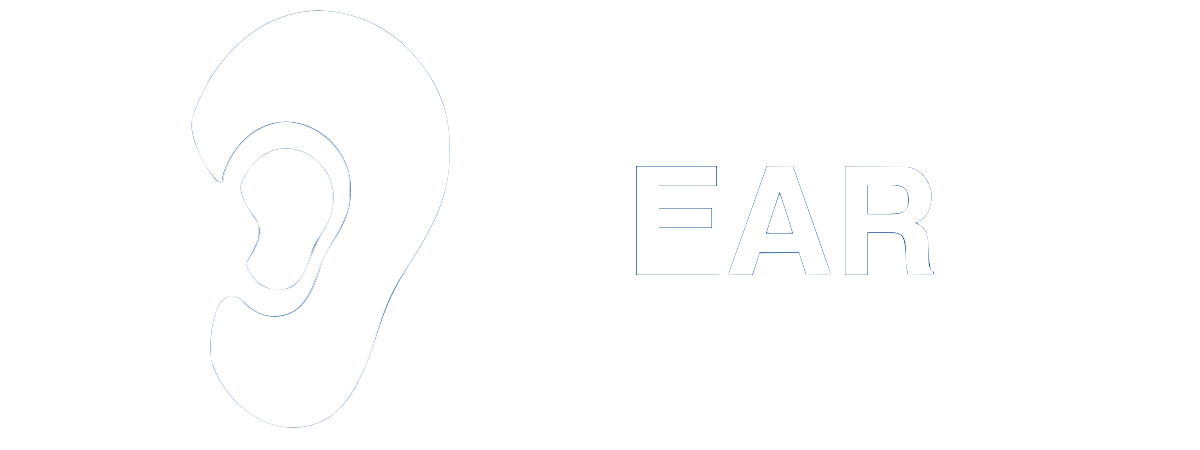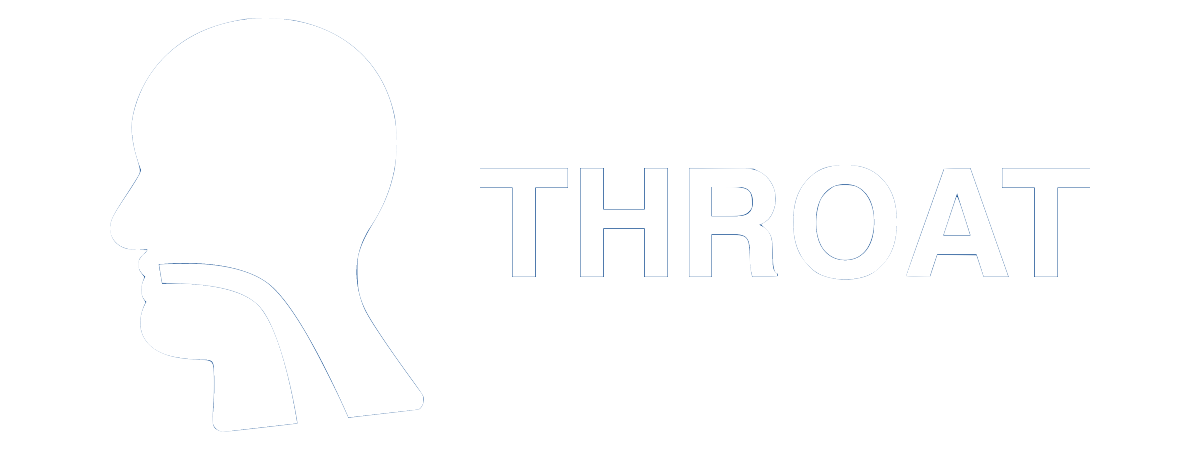Vertigo is not a disease. It is a symptom, and it is commonly misunderstood and confused with lightheadedness and other balance disorders.
Related Blog: Do I Have to Live With Vertigo?
What is Vertigo?
The best description is a sensation of a rotating or spinning movement, commonly described as "the room is spinning." Vertigo can occur spontaneously, or it can occur due to the change of body or head position.
Are There Different Types of Vertigo, and What Causes Them?
Yes, there are several different types of vertigo that each present unique challenges and can signal different illnesses.
Benign Positional Vertigo is the most common type of vertigo. The spinning sensation occurs when lying down in a horizontal position, or it can also occur when moving the head to look up. Sometimes called top shelf dizziness and lasts a few seconds.
These spinning episodes occur quickly and are due to the floating crystals that we all have in our inner ears, playing a role in our balance. These frequent spinning sensations mean that the inner ear crystals are off base, or out of alignment.
Meniere's Disease is another type of vertigo and quite commonly seen. With Meniere's Disease, the spinning episodes are much more prolonged, accompanied by nausea, vomiting, and the loss of balance.
Migraine Related Vertigo, not as commonly seen, is the other type of vertigo. As the name implies, it is associated with a migraine-type disorder.
How is Vertigo Diagnosed?
First, and important to diagnosing vertigo, is listening to a patient's history, specifically regarding the episodes. When does it happen? How does it happen? What does it feel like? The patient's answers help determine a definitive diagnosis.
Second, special testing is done to measure the hearing system and the health of the balance system. The balance system includes the inner ear and how the inner ear connects and communicates with the eyes, the brain, and the feet.
How is Vertigo Treated?
Once the type of vertigo is determined, treatment options vary.
For Benign Positional Vertigo, there is relief by repositioning the inner ear crystals to where they belong. Using simple maneuvers or moves, known as the Epley Maneuver, most patients (90%) get relief from this most common type of vertigo. After proper instruction, these moves are easily done by the patient at home. Surgery is available if BPV persists after the Epley Maneuver fails.
Meniere's Disease relief is with prescribed medications. In certain circumstances, procedures on the inner are necessary to stop vertigo. The microwick allows steroid medication to be administered for one month and many times relieves the pressure in the ear.
Are Balance Issues the Same as Vertigo?
No, balance disorders consist of three categories.
Vertigo has a spinning sensation.
Balance Issues is when a person experiences that wobbly, or drunken, feeling without the spinning sensation.
Other is the third category that encompasses all the other symptoms, such as lightheadedness or dizziness, without a spinning sensation or imbalance issues. Patients experiencing these other balance disorders may also require treatment.
Seek Medical Help for Proper Diagnosis and Treatment of Vertigo
If you're frequently experiencing a spinning sensation, especially associated with nausea, vomiting, and loss of balance, it's time to get proper medical attention. Left untreated, even mild vertigo can affect daily life. Vertigo can be debilitating, and in rare cases, it may be a symptom of a more serious medical problem.
At Silverstein Institute, we specialize in the treatment of vertigo and ruling out underlying medical problems. With locations in Sarasota, Venice, and Lakewood Ranch, our caring and compassionate staff is here to take care of you.











